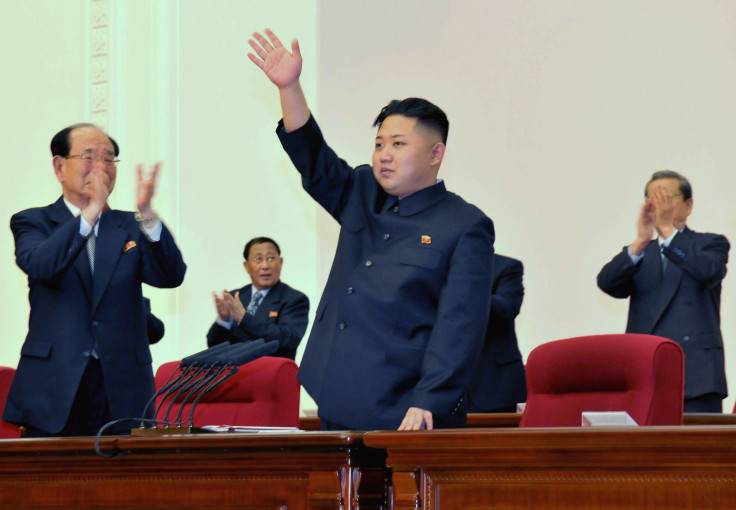North Korea's Kim Jong Un Dismisses Party Officials After Impasse With South Korea Eases

North Korean leader Kim Jong Un has dismissed top party officials following a recent standoff with South Korea. The officials were dismissed at a meeting held by the Central Military Commission of the Workers' Party of Korea (WPK), and the move suggests that it was in response to the unexpected confrontations with the South.
The meeting "dismissed some members of the WPK Central Military Commission and appointed new ones and dealt with an organizational matter," North Korea’s official news agency KCNA said, according to Yonhap.
While the reason for the dismissals was not revealed, a report by the Associated Press (AP) said, citing analysts, that the officials may have been sacked because they misjudged South’s possible retaliation against the landmine explosions in the demilitarized zone earlier this month.
Two South Korean soldiers were injured in the incident and retaliation from the South involved propaganda broadcasts, which resumed for the first time after about 11 years. Experts said, according to AP, that Pyongyang felt the broadcasts could influence troops and residents nearby, weakening Kim’s rule.
"North Korea could have thought about some sort of heightened tension but not like this," said Chang Yong Seok, a senior researcher at Seoul National University's Institute for Peace and Unification Studies, according to AP.
South Korea blamed the North for placing explosives on its side of the border and said the bombs were detonated using a remote. Officials were also worried that the North was mobilizing its troops and submarines as the incident coincided with the Ulchi Freedom Guardian, an annual joint military exercise in South Korea with the United States, Australia and Canada. Pyongyang slammed the military exercise and threatened "all-out war" if the broadcasts continued.
North Korea initially denied allegations about the landmines, but later expressed “regret” for the incident. The statement from Pyongyang was considered to be carefully crafted and vague, but the South accepted the term “regret” as an apology, AP reported.
The two countries signed a landmark deal Tuesday to "defuse heightened tensions," following which South Korea stopped the propaganda broadcasts. The countries also agreed to hold a reunion for families separated by the 1950s Korean War. The last such meeting was held in February.
A report Friday by Yonhap also said that South Korea's Red Cross suggested holding working-level talks with its North Korean counterpart on Sep. 7 to discuss the reunion of families. The meeting was proposed to be held at its "House of Peace" in Panmunjom village inside the Demilitarized Zone.
© Copyright IBTimes 2024. All rights reserved.






















